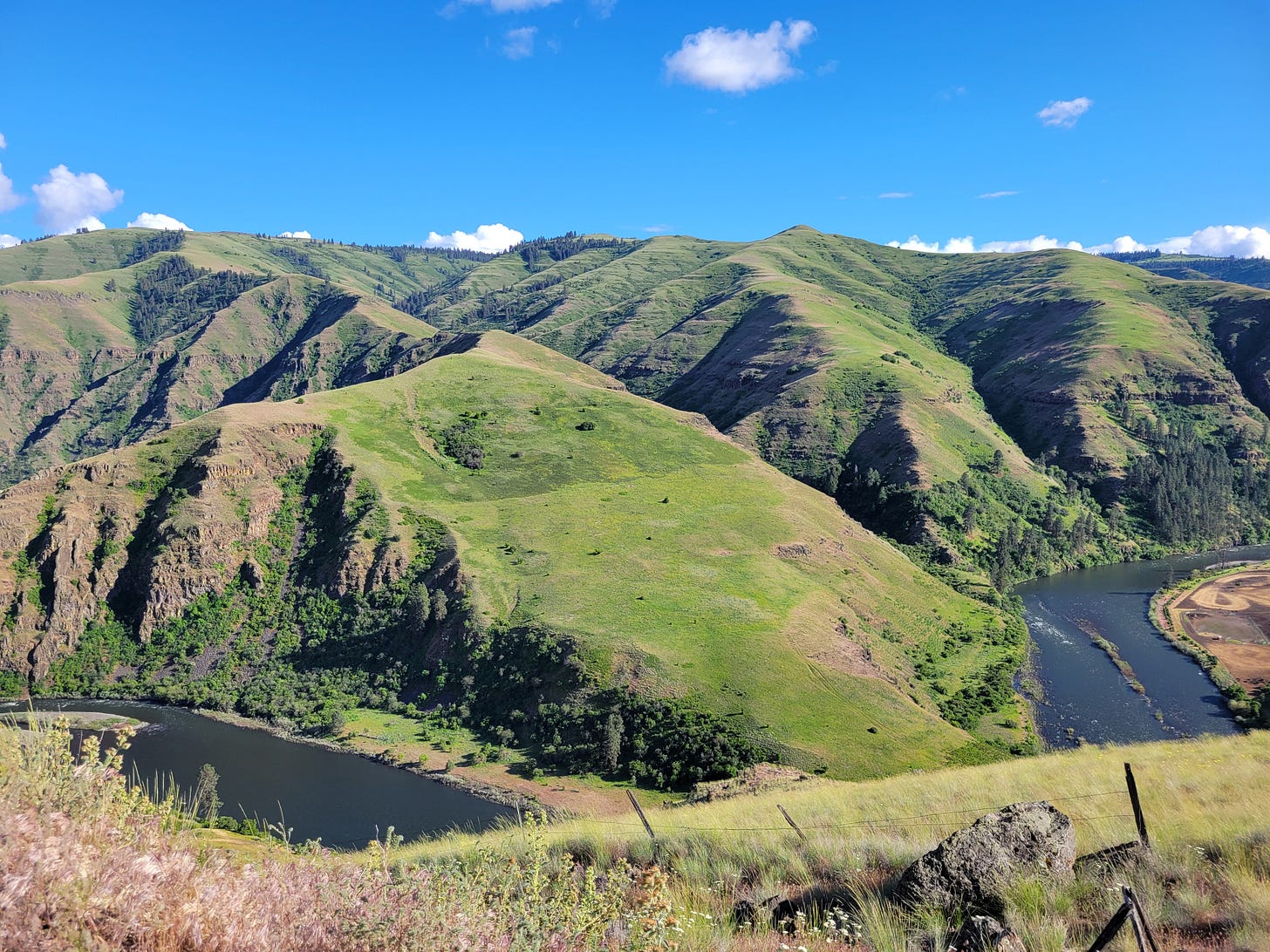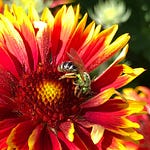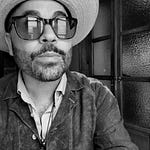Here in the Pacific Northwest, there’s a process underway to change the way public lands are tended. The Northwest Forest Plan, which guides the management of 25 million acres of National Forests in Oregon, Washington, and Idaho, is being amended to better reflect the realities of climate chaos; correct for the historic and ongoing over-exploitation of lands and waters; and honor calls from the public and from the Biden Administration to partner more fully with the region’s Tribes in the management of their homelands.
My friend and mentor Angela Sondenaa—Siletz Tribal Member, ecologist and “student of ecology,” and longtime land steward with the Nez Perce Tribe—is a member of the federal advisory committee that is helping to shape the Forest Plan Amendment—and she is a passionate advocate, around that table and elsewhere, for the paradigm shift in resource / “life source” management that Indigenous voices can bring.
As Angela notes in this 9th episode of Kinward Podcast, Indigenous leadership in land management not only fosters healthier lands and waters, by prioritizing the practices and relationships that have traditionally ensured abundance; reclaiming ancestral stewardship roles also heals Tribal communities. Tribal cultures emerged from the patterns, voices, and relationships that characterize their homelands—so, for Tribes, tending land is what makes it possible, very materially, for the people to thrive.
The US Government's current interest in co-management of public lands with Tribes also goes some way toward making reparations for the harm that has happened to both land and its traditional stewards since their forced dissociation.
If you live in the Pacific Northwest and care about the future of our lands and waters, I encourage you to engage in these ongoing public land planning processes. When you do, center your own loves, experiences, and values, and make it clear that Tribal co-stewardship of these lands is a must—for their resilience and health, and also as a step toward righting a wrong.
These gestures are timely and important, given climate change and the other ecological crises we are facing. And it’s been a long road to get here. When Angela began her career as a young Indigenous biologist carrying a deep love for land and wildlife, she says it was hard to find work that felt aligned with her identity and values in a field that felt relentlessly focused on extraction.
But as the costs of extraction, including climate chaos, have increasingly come home to roost, land managers are increasingly looking for “new ways of doing business” that, as Angela says, might turn out to be “the old ways”—tending landscapes, as Indigenous people have always done, in ways that support the thriving of a broad diversity of “life sources,” and remembering, in a deep embodied way, that we thrive together with our homelands or not at all.
Chief Seattle is credited with saying “what we do to the earth we do to ourselves.” This quote is usually understood as an indictment of the ways we harm and exploit land and other species. We won’t escape from the harm we do, we say when we quote this quote.
Indeed, this conversation with Angela includes examples of such toxic entanglements—climate change, certainly; and how the lead we’ve scattered into the food chain poisons not only endangered California Condors, not only eagles, but also us.
But I also like to flip this quote around the other way. It’s also true that what we do for ourselves, we do for the earth. As we mend our separations, break old habits, and embrace new/old ways of sustaining the web of relationships that sustains us all, the part of earth that is us heals. Earth heals. And there is so much will to heal, and felt experience of healing, in this conversation, too.
I’m so grateful to Angela for her thirty years of dedication to “the world’s work,” as she frames her ecology career during the opening act of this episode: an embodied immersion into a lush canyon in the Nez Perce Tribe’s Precious Lands Wildlife Management Area—a place she stewards, and loves.

If our healing together feels more tangible and possible for you during some part of this intimate, wide-ranging conversation, please leave a rating and review wherever you listen to the podcast, and consider becoming a sustaining subscriber here on Substack. These are real acts of reciprocity, and I’m grateful. Thank you.
Other gratitudes for this episode include: to Angela Sondenaa, for a career spent in tenacious defense of kinship; to the Nez Perce Tribe, Yurok Tribe, and the many other local and regional partners working to bring California Condors home to the Pacific Northwest; to the Tribes and Indigenous individuals working to revitalize social-ecological relationships across your homelands; to Greater Hells Canyon Council, Blue Mountains Biodiversity Project, and other advocates for tracking and acting in our local forest planning processes; to the water body of Wallowa lake for holding my water body yesterday afternoon; and to the mountain headwaters of the many rivers that keep this homeland flowing and fruitful. And to all of you, for listening.















Share this post